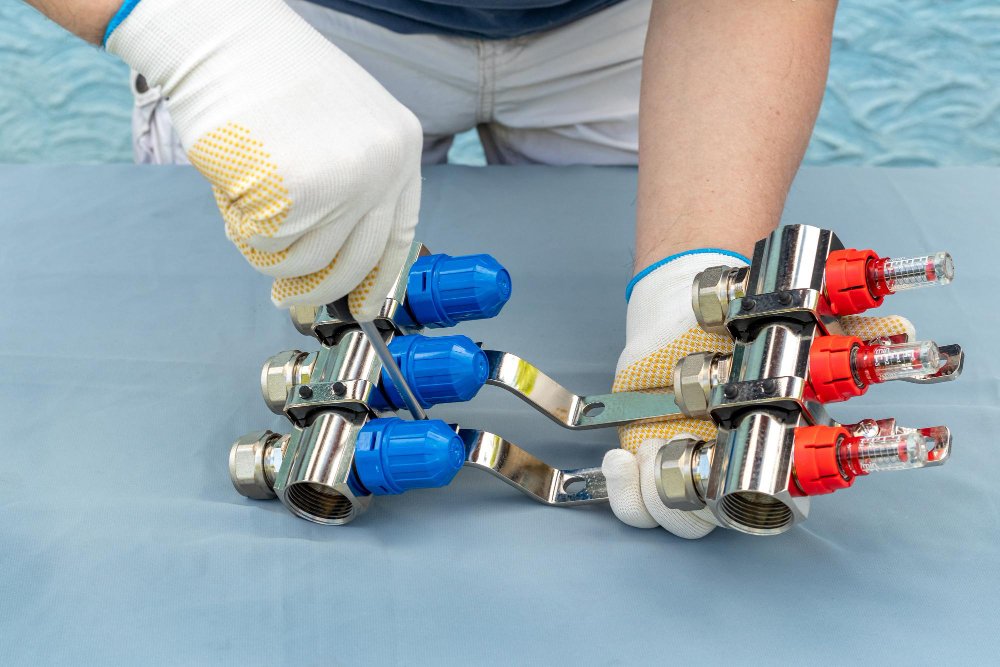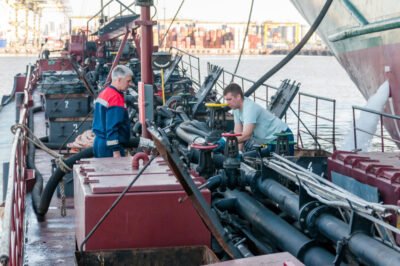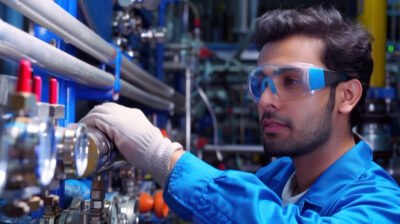Understanding Marine Water Valve Blocks and Their Functions
Marine water valve blocks are essential for managing water flow in key onboard systems such as cooling, fire suppression, bilge, and ballast systems. These components must perform under extreme conditions — high pressure, saltwater corrosion, and vibration — making the correct part selection critical to ship safety and system longevity.
The term “water valve block” typically refers to a modular unit containing multiple valves or passages, often made of brass or stainless steel, that controls water direction and pressure between different points on the ship. Modern blocks, such as the EPC50 or EPC400, are engineered for space-saving installations, enhanced corrosion resistance, and fast maintenance.
Why Choosing the Right Water Block Matters in Marine Systems
Choosing the right marine water block and valve ensures:
Consistent water pressure for cooling and engine systems
Reduced maintenance frequency due to material durability
Operational safety in emergency systems like fire suppression
Fuel and power efficiency, particularly in automated systems
Incorrect component choices may result in flow restrictions, pressure loss, or mechanical failures. For marine engineers and procurement officers, it’s vital to match equipment specifications with system needs and environmental demands.
Comparing EPC50 and EPC400 Marine Valve Systems
Both EPC50 and EPC400 models are used across commercial vessels, yachts, and service ships. Understanding their differences helps guide purchase and installation:
| Feature | EPC50 | EPC400 |
|---|---|---|
| Max Pressure | 16 bar | 25 bar |
| Material | Marine-grade brass | 316L stainless steel |
| Ports | 2-way or 3-way | Multi-port with quick coupling |
| Application | Medium-load systems | High-demand industrial setups |
EPC50 is ideal for smaller vessels or auxiliary systems, whereas EPC400 suits mainline water control where durability and high flow capacity are essential.
Selection Criteria for Marine Valve Blocks and Water Valves
When selecting a marine water block or valve, consider the following:
Pressure Rating: Always choose a valve that matches or exceeds system pressure.
Material Compatibility: Stainless steel offers high corrosion resistance for long voyages.
Flow Capacity: Ensure proper internal diameter and design for unrestricted flow.
Installation Constraints: Compact or modular blocks reduce space and weight.
Standards Compliance: ISO or DNV-certified products guarantee quality and safety.
Procuring components that meet marine certifications helps avoid port delays and classification society issues.

Maintenance Tips for Long-Lasting Marine Valve Systems
To extend the life of your marine water valve blocks:
Perform routine inspections every 3 to 6 months.
Check for signs of corrosion, leakage, or seal degradation.
Lubricate moving parts with marine-grade products.
Replace seals and washers before failure occurs.
Always follow manufacturer guidelines during disassembly.
Regular maintenance reduces the risk of unexpected system failures during voyages and extends component life.
Maridec’s Role in Supplying Marine Valve Solutions
At Maridec.com, we specialize in sourcing and supplying premium marine water blocks, including EPC50 and EPC400 models, tailored for commercial and industrial vessels. With our deep knowledge of component performance, logistics, and marine compliance, we help ship owners and maintenance teams select parts that ensure safety, efficiency, and long-term durability.
Our experienced engineers also provide guidance during component selection to match your vessel’s unique layout and technical requirements.
Conclusion: Invest in the Right Component, Avoid Future Downtime
Marine operations depend on the seamless performance of every part — especially water valve blocks that are critical for system stability. Choosing high-quality parts like EPC50 or EPC400 reduces operational risk, improves performance, and saves costs in the long run.
Need Help Choosing the Right Marine Water Block?
Contact us at Maridec.com to speak with our technical team or request a quote today. Let’s ensure your vessel runs safer and smoother.





